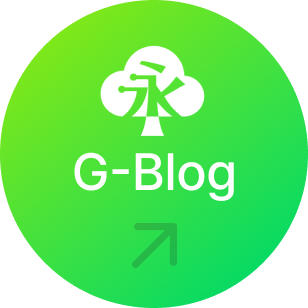[AI & Me] Correcting Grammar and Using Advanced Vocabulary: Breaking Down Language Barriers

Wan Seok Yoon, Global Content Manager
Last month, a movie theater in London was scheduled to screen The Last Screenwriter, a film produced by ChatGPT. I was intrigued by this movie because I wondered, “Is it possible for AI to understand and empathize with human emotions?” However, the screening was canceled due to public backlash.
“I wish someone would do my homework for me,” “I wish someone would take my exams for me,” “Can someone write my book reports for me?” These were thoughts I often had as a schoolchild. Recently, I read an article about a study that found university students’ exam answers written by AI were indistinguishable from those written by experienced individuals. If I had been born a few decades later, would I have enjoyed this “black privilege”?
In 2010, the Japanese publishing company Takarajima-sha ran an unusual ad in the Yomiuri newspaper. The ad, with the tagline “Can Japanese dogs and American dogs talk?”, emphasized the importance of communication. But is it really possible? As a global content creator, I often ask myself if I am effectively communicating with the global market through my content. I have to communicate in English, which is not my native language.
For me, the advent of generative AI is very welcome. Above all, it seems to have halved the workload of creating content in English. It not only ensures accurate grammar and vocabulary but also enhances the quality of the content with sophisticated expressions. It also generates excellent titles. While I might struggle for hours to find and combine the right words, AI can create and suggest several titles in just seconds. If I need a specific word or nuance, it adjusts accordingly. It even formats emails correctly. Of course, in the end, a person has to cross-check and verify the content, but what a new world this is!
A designer I know in New York also uses AI. He primarily uses it to summarize long scripts and was greatly impressed by its image generation capabilities. AI is a technology that enables us to think and act in a more human way. While there are high expectations that it will boost productivity and handle repetitive and difficult tasks, there are also strong warnings about its potential threats to humanity. My English teacher, a graduate of Oxford University, expresses deep concerns about AI. This is understandable, as it is a profession likely to be significantly impacted. However, as a learner, I welcome it because I can ask questions and get answers whenever I need them.
Historian Yuval Harari has said that AI is still in its infancy but will develop rapidly and dramatically, impacting human culture and society as a whole. He also emphasized the need to prepare for it. Generative AI, which is fundamentally different from existing technologies and can learn, develop, and generate ideas on its own, can ultimately pose a threat or improve the quality of life, depending on how humans use it. We will need the insight to look beyond the surface and make the most of the positive changes that AI brings to our lives.




